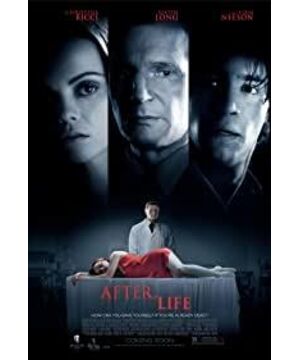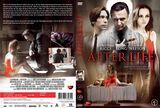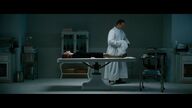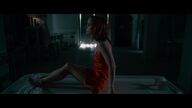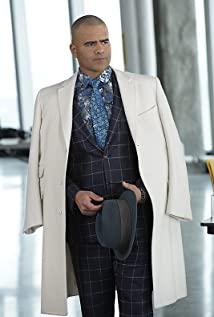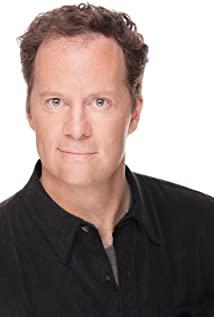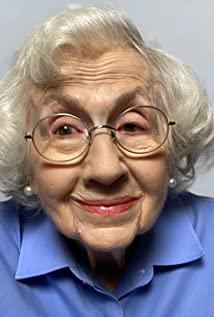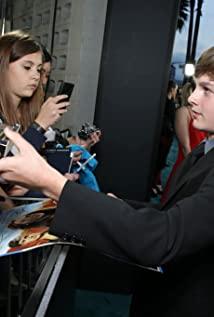My thoughts on this movie are three (spoilers):
1. The heroine and her boyfriend did not die, but were buried alive. For this, many netizens have given detailed evidence. For example, the boy saw the figure of the female protagonist outside the window, and the female protagonist exhaled twice on the mirror (the second time she even had a guilty conscience and hurriedly wiped off the fog on the mirror). In addition, I have to add The most important point is the conversation between the mortuary and the boy in the cemetery. The main meaning of the mortuary is that he feels that many living people are walking corpses, occupying resources, like dead people, and his duty is to bury these people who do not cherish life. This passage not only exposes the worldview of the mortuary, but also tells the audience the answer in an almost direct way. It's a pity that this "Walking Dead" satirizes the metaphor that living people don't know how to cherish, not only fooled the heroine in the early stage of the movie, but also fooled some audiences. They really diverted the discussion and attention of the authenticity of life and death according to the manipulation of the mortuary. And think about whether life is worth this round of questions.
2. The value of life or cherishing life is not the focus of the film’s discussion. Following the above words, many viewers, including the heroine, have fallen into the trap of entering the coffin, and seriously discussing the worth of life, life and death, etc. Terrorists discuss extremist ideas the same way. In fact, why are these topics worth discussing? No matter what kind of "profound" thought the mortuary has, he has no right to deprive him of his life, just as terrorists cannot indiscriminately kill innocent people for any reason.
Third, what is really worth exploring is how to think critically and how to trust your own judgment. In the film, the heroine did not believe in her own death at first, and questioned and resisted in various ways (including asking less sharp questions, in fact, she could ask questions such as "Why can't I see other dead people?" etc.). Helpless, the mortuary master was experienced, and after a few rounds, not only did the heroine begin to shake her rational judgment of her immortality, but even once ( after being buried and trying her best to survive ) destroyed the heroine's will to survive (the mortuary master once opened the door to let The heroine left, but the heroine chose to give up at the door and thought it was the best way to end it) In the end, the heroine completely gave up her belief that she was not dead, obeyed the arrangements of the mortuary, and finally realized the truth when she exhaled in the mirror. In the play, the mortuary is very conceited about his ability to manipulate people's hearts, so he is so careless that the heroine has the opportunity to take the key to open the door, open the door to let the heroine leave, let the heroine look in the mirror, etc. Open the cage to show off like a trapped bird. Fundamentally, the mortuary master just exploited the fragility of the human heart and blind obedience to authority. The film shows the audience how blindly a person is to authority and how distrustful of his own judgment, so that he can hand over the power to judge whether he is alive or dead.
The above are personal thoughts, just for leisure.
View more about After.Life reviews


